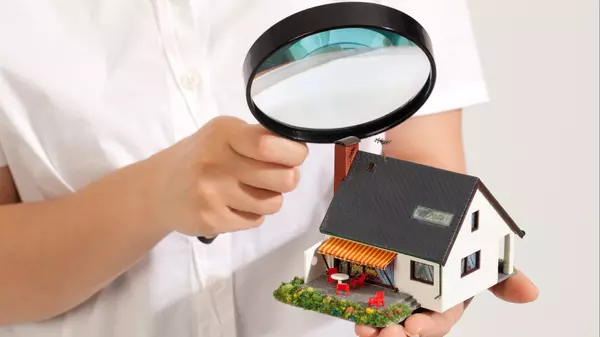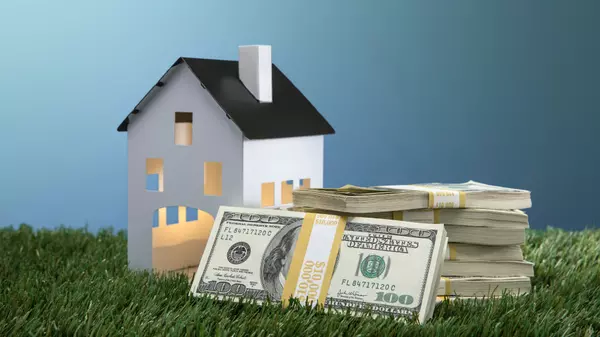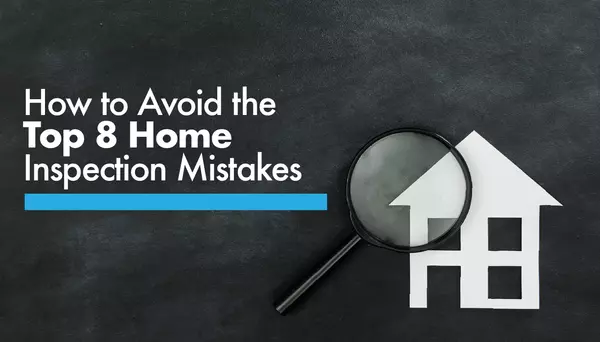25 Factors that Impact your Home Value
Selling your home can be a daunting task, especially when it comes to determining its value. There are numerous factors that impact your home's worth, some of which are within your control while others are not. In this blog, we will discuss 25 factors that can impact your home value.

1. Location: The location of your home is one of the most crucial factors that can impact its value. Homes in desirable neighborhoods with good schools, amenities, and low crime rates tend to be more valuable.
2. Market conditions: The current state of the real estate market can also impact your home's value. If there are more homes on the market than buyers, your home's value may decrease.
3. Age and condition: The age and condition of your home can impact its value. A well-maintained, newer home is typically more valuable than an older home that requires significant repairs.
4. Size and layout: The size and layout of your home can also impact its value. A larger home with more bedrooms and bathrooms will likely be more valuable than a smaller home.
5. Upgrades and renovations: Upgrades and renovations, such as a new kitchen or bathroom, can increase your home's value.
6. Curb appeal: The exterior appearance of your home can impact its value. An attractive, well-maintained exterior can increase your home's value.
7. Energy efficiency: Energy-efficient features, such as solar panels or double-paned windows, can increase your home's value.
8. Neighborhood trends: Trends in your neighborhood, such as new development or community events, can impact your home's value.
9. Historical significance: If your home has historical significance, it may be more valuable.
10. Zoning and land use: Zoning and land use regulations can impact your home's value.
11. Property taxes: High property taxes can decrease your home's value.
12. Crime rates: High crime rates in your neighborhood can decrease your home's value.
13. Environmental factors: Environmental factors, such as proximity to a landfill or power plant, can impact your home's value.
14. Accessibility: If your home is easily accessible to major roads or public transportation, it may be more valuable.
15. Views: Homes with scenic views are often more valuable than those without.
16. Natural disasters: If your home is in an area prone to natural disasters, such as hurricanes or earthquakes, it may be less valuable.
17. Homeowners association fees: High homeowners association fees can decrease your home's value.
18. Parking: Homes with ample parking, such as a garage or driveway, may be more valuable.
19. School district: The quality of the school district your home is located in can impact its value.
20. Nearby amenities: Proximity to amenities such as parks, shopping, and dining can increase your home's value.
21. Home style: Certain home styles, such as a colonial or Victorian, may be more valuable than others.
22. Flooring: The type and condition of your flooring can impact your home's value.
23. Appliances: Newer, high-end appliances can increase your home's value.
24. Storage: Homes with ample storage space, such as walk-in closets or a pantry, may be more valuable.
25. Personalization: Personalized features, such as a home theater or wine cellar, may increase your home's value.
As you can see, there are many factors that can impact your home's value. Some of these factors are within your control, while others are not. By understanding these factors, you can make informed decisions when it comes to selling your home.
Categories
Recent Posts











